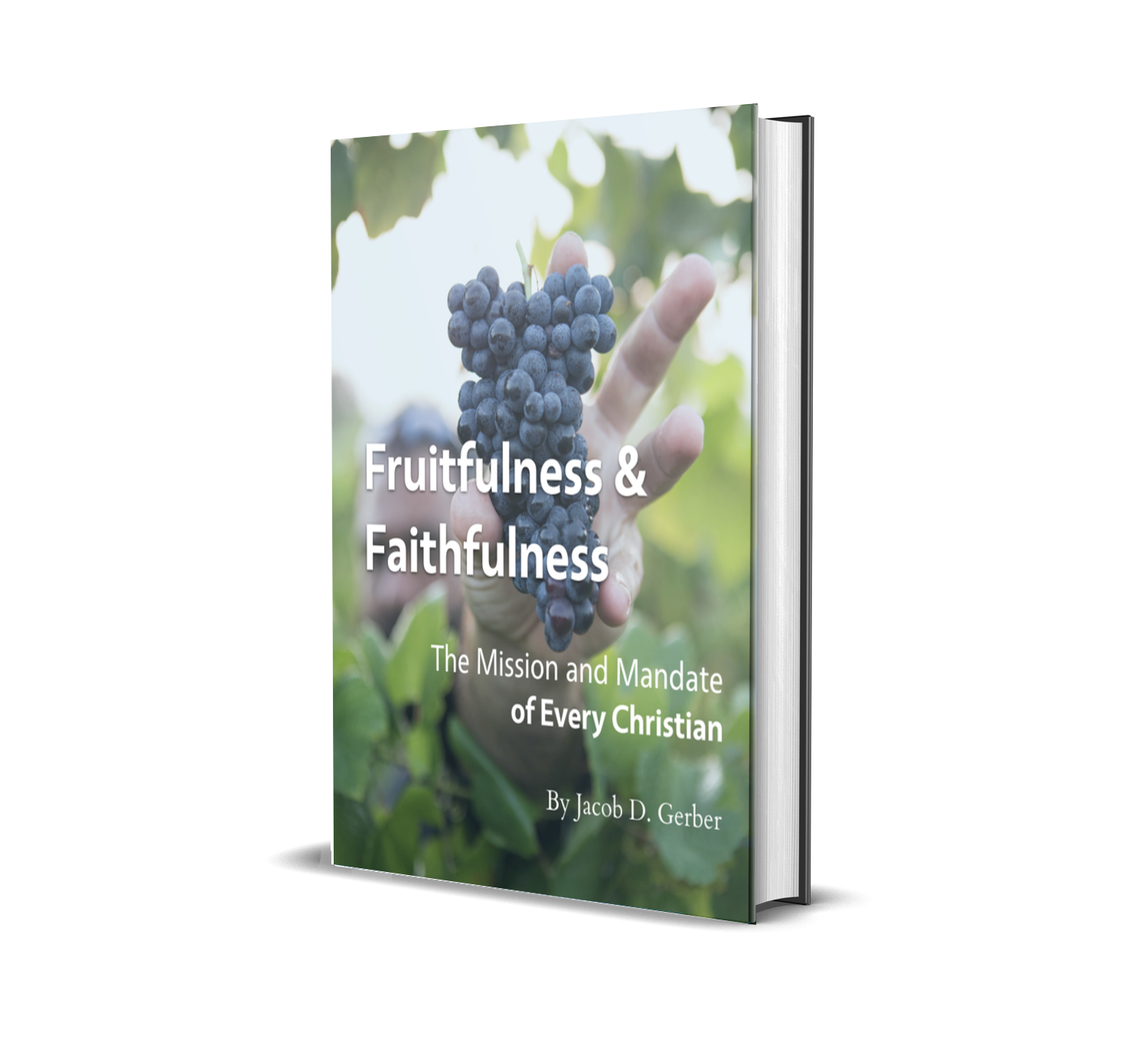Who is God? (Discipleship Training)
This post is part of my series on Discipleship Training. See all Discipleship Training Plans here.
Or, read my introductory post on discipleship training here.
Who is God? Importantly, the Westminster Confession of Faith does not start with this question, but rather with questions about the Scriptures:
Only after we understand that the Bible is God’s word—and that, therefore, the Bible reveals God’s thoughts, will, and personality to us—can we start to answer the question of who God is.
Thus, God reveals in the Bible that we serve one God only, but that this God exists as three Persons: the Father, Son, and Holy Spirit. These three Persons share one divine nature, so that the three Persons are equal in power and glory (WLC 9).
These three Persons are only distinguished, then, by their distinct personal properties: the Father eternally begets the Son, the Son is eternally begotten of the Father, and the Holy Spirit proceeds from the Father and the Son from all eternity (WLC 10).
The Scriptures do not explain exactly what these personal properties mean, so we should not attempt to speculate into these eternal relations beyond what the Scriptures teach us. There is much that we can learn about God from the Scriptures, and there are many secret things that belong to the Lord our God alone (Deut. 29:29).
Training Objective
To understand that God is one God who exists as three Persons (the Father, Son, and Holy Spirit), and to understand that these three Persons are equal and distinguished only by their personal properties (relationships) with one another.
Scripture
Read and discuss:
- Deuteronomy 6:4: The LORD our God is One
- Isaiah 43:10–13: There is no other God but the LORD
- 1 John 5:20–21: Jesus Christ is true God and eternal life; therefore, he is not an idol
- 2 Corinthians 3:18: The Holy Spirit is the Lord
- Matthew 28:19: We are baptized into the name (singular) of three Persons: the Father, Son, and Holy Spirit
- 2 Corinthians 13:14: God blesses us as Father, Son, and Holy Spirit
Doctrine
Read and discuss:
- Wesminster Confession of Faith, Ch. 2
- Westminster Larger Catechism #6–11
- Westminster Shorter Catechism #4–6
Discussion Questions
- Read through the long list of attributes in Westminster Confession of Faith, 2.1, and look at the Scripture proofs for those attributes. (See WCF with Scripture proofs here.) Which attributes surprise or confuse you?
- What does our Confession mean when we affirm that God is “without…parts” (WCF 2.1)? To learn more, see this article on the doctrine of divine simplicity.
- What does our Confession mean when we affirm that God is “without…passions” (WCF 2.1)? To learn more, see this article on the doctrine of divine impassibility.
- In what ways are the three persons in the Godhead the same (WLC #9)?
- In what ways are the three persons in the Godhead distinct (WLC #9–10)? (Notice carefully: not different, but distinct!)
Application
- Meditate on these many attributes of God
- Suggested resource: God Is, by Mark Jones
- Discuss and practice communing with a God who exists as three Persons
- Suggested resource: Communion with the Triune God, by John Owen (this version, edited by Kelly Kapic and Justin Taylor, modernizes some of the style and footnotes archaic words)
FREE eBook: Fruitfulness and Faithfulness: God’s Mission and Mandate of Every Christian
Grow in God’s Plan for Your Fruitfulness and Faithfulness

Invest Your Life Well
Discover God’s breathtaking vision for the fruitfulness of his people.
Learn how to live fruitfully and faithfully in the kingdom of Jesus.
Download the free eBook now.
Get the eBook
Bonus: You’ll also get a discipleship assessment tool to evaluate areas for you to grow in fruitfulness and faithfulness.




